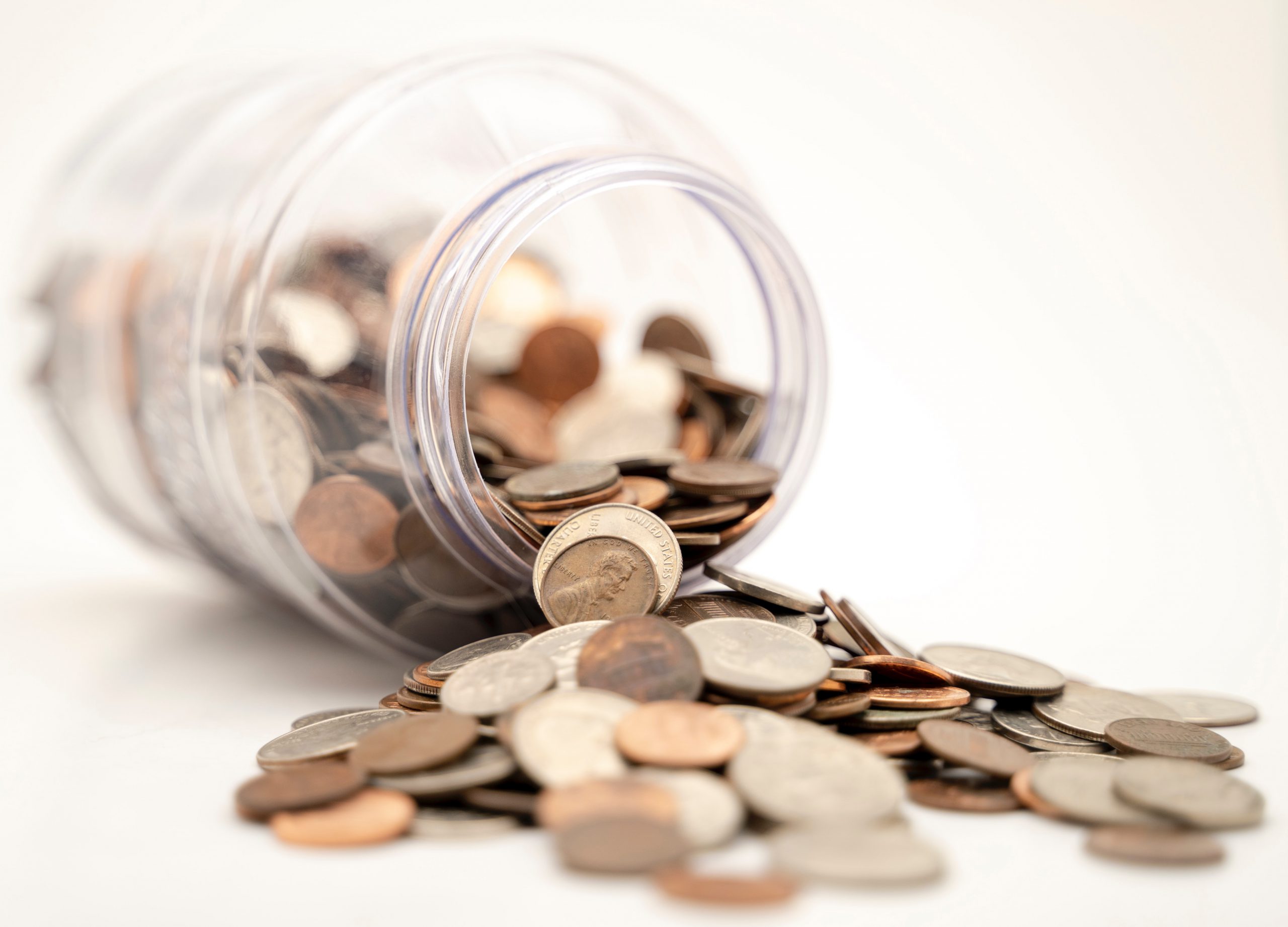
Everyone wants to save money. Not everyone knows the best methods to do just that. This article will discuss 10 things that you should do regularly to save your money.
1. Check Your Credit Score
Read More »Understanding your score is important because it informs you how you’re doing in the credit world. If your number isn’t where you’d like it to be, then you can take the steps necessary to improve your score.
A good score can save you money on big purchases down the line like a new house. If you want to save money later, then checking your regularly and improving it now is a good step to take.
2. Consolidate Debt
Another way that you can help save money is by consolidating your debt. When you choose to consolidate your finances, you’re basically paying one bill that covers everything. This can help because it means you pay a little more each month but everything is being paid for at the same time.
Otherwise, you might be paying a lot to each debtor in order to pay everything off. Consolidating can also help improve your credit because it shows the creditors that you’re still paying off your debts consistently.
3. Establish a Small Allowance
Everyone loves to have a little bit of spending money. Having a small allowance allows you to splurge a little now and then without making the big purchases that can hurt you financially.
At some point, you’re going to break and make yourself believe that you deserve a big purchase. This is something you can avoid by allowing yourself to make small purchases with the small spending money that you give yourself each month.
4. Budget Like Crazy
Perhaps the best way to save money is to have a budget put into place. For a lot of people, budgeting isn’t always easy. That’s because they don’t really set themselves up with a budget that they can live on.
Your budget should typically follow these rations:
* 50% of your budget should go to expenses
* 20% of your budget should go to food and sustainability for your family and home
* 20% of your budget should go into your savings
* 10% of your budget should go towards frivolous expenses
Take the amount of money that you earn each month. Then multiply it by those percentages to see how much you should allocate where.
5. Make Emergency Savings Separate
You should also split your savings for emergencies into a separate account. This money is used strictly for emergencies. It allows your regular savings to be used for other means like investing or for your retirement. By keeping an account devoted to emergencies, you can always dive into it when something occurs without worrying about diving into the money that you also plan on using for your retirement.
6. Invest In Passive Income
Another idea to help you save money and have money later in life is to invest in passive income opportunities. For many people, the easiest way to do this is to invest in real estate. Luckily, there are plenty of organizations and businesses today that will perform a lot of the upkeep of real estate investments for you. Any income you earn can go right into your savings.
7. Eat Out Less
One way that you can help cut down costs and save more money is to eat out less. Going to restaurants with your friends and family can be fun. It can also be expensive. Eat at home more often and notice how much money you save doing that alone.
8. Cut Cable
Have you ever noticed how expensive your cable is? If you haven’t joined the army of streaming services yet, you might want to consider doing so. You can have tons of high-quality content at the fraction of the cost.
9. Cashback Rewards
If you’ve never used rebates or a rebate-like system, then you could be missing out on savings and earning money back. Some apps and services will actually give you money for buying certain products. The next time you go grocery shopping, look to see if there are any rebates for those products. You could earn your money right back and save extra.
10. Repair Instead of Replace
Lots of people choose to just replace broken items instead of repairing them. In many instances, repairing the item is cheaper than replacing it. Do a bit of research and see if you can repair the item yourself. Otherwise, call a professional to repair it at a price cheaper than buying a brand new item.





